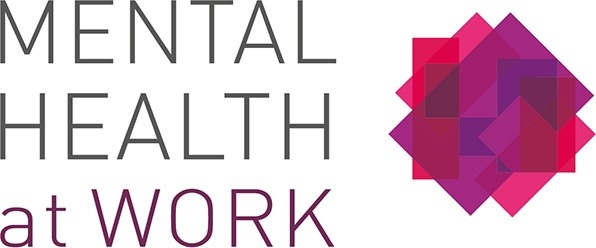Anxiety is the theme for Mental Health Awareness Week 2023 , which runs from May 15th to 21st of May. Anxiety is a normal emotion in us all, but sometimes it can get out of control and become a mental health problem. Anxiety is one of the most common mental health problems we can face. In a recent mental health survey we carried out around stress, anxiety and hopelessness over personal finances, a quarter of adults said they felt so anxious that it stopped them from doing the things they want to do some or all of the time. Six in ten adults feel this way, at least some of the time. On a positive note, anxiety can be made easier to manage.
We also know there are many reasons for anxiety including the aftermath of the pandemic, political uncertainty, healthcare concerns and over the last year, financial concerns, driven in particular by the cost-of-living increases.
Anxiety is a normal emotion in us all, but sometimes it can get out of control and become a mental health problem.
Focusing on anxiety for this year’s Mental Health Awareness Week will increase people’s awareness and understanding of anxiety by providing information on the things that can help prevent it from becoming a problem and the workplace has an important role to play in support of this.
Why does anxiety matter to the workplace?
Many employers are running activities to support Mental Health Awareness Week, which runs from May 15th to 21st, within their workplaces. Whilst consideration around mental health should be an integral part of working life every week of the year, this provides an opportunity for workplaces to focus on some of the current concerns around anxiety, understand the impact on mental wellbeing and the practical steps to address it.
The survey of 3000 adults aged 18 and over, conducted by Opinium between 7 to 14 November 2022, found that 29% of adults experienced stress, 34% experienced anxiety and 10% said they felt hopeless because of financial worries during the previous month. There may also be employees who are concerned about anxiety in their family and friends’ network, who would benefit from a broader discussion on practical steps and support signposting.
How can organisations support?
At Mental Health at Work, we think that knowing our colleagues and role modelling open conversations about how we are feeling, is vital. Ensuring that there are regular and open communication channels is a good first step. If you have team check-ins, why not begin one during #MHAW23, asking each employee to share their thoughts on anxiety. Maybe introduce discussions around how the workplace could feel more inclusive and communicative.
What is effective signposting?
This week also provides an opportunity to raise awareness of signposting and support both within your company, including your Employee Assistance Programme (EAP) and private healthcare and externally. Taking the time to develop signposting specifically for Anxiety is most effective, particularly in the early stages as part of preventative action and Mental Health at Work have produced a specific guide which is available here.
How to increase the impact of signposting
Signposting as a standalone activity isn’t particularly effective, but combining the right signposting with tailored interventions and events will increase both awareness and impact. either in its own right or part of a broader programme which support meaningful conversations and relationships.
An Employee Interest Group or a network of MHaW Mental Health Allies®, with roles as expert listeners and signposters, can support events around the most pressing themes in your business. This could involve individuals who are comfortable to share their personal stories, ‘masterclass’ style events on a particular aspect of workplace mental health, guidance on how individuals can manage their own mental health and, of course, interweaving the theme of anxiety.
Allyship around the mental health agenda
Wearing a Green Ribbons is a symbol of your support for the mental health agenda whether you are at home or in the office and there is also a downloadable virtual green ribbon.
In purchasing green ribbons you are also making a donation to the Mental Health Foundation and their work to support good mental health for all. As an organisation committed to the mental health of your people you may be interested in finding out how you can support the Mental Health Foundation in its mission to help people understand, protect and sustain their mental health. You can make contact at corporate@mentalhealth.org.uk or we would be happy to introduce you. A number of organisations have shown their support by sponsoring Mental Health Awareness Week and if this is of interest, look out for opportunities to become a sponsor of MHAW24
The Mental Health Foundation also produces many guides around mental health, which can be useful for individuals to help them support and manage their own mental health. For anxiety there is a great resource of 9 suggestions, which might help manage feelings of anxiety.
The gift of listening
Our message for the workplace is that we need to talk about our mental health more, through open, non-judgmental conversations, and ‘loneliness’ might be the introductory theme to do this. The benefits of noticing and acting can have a significant impact for our workplaces, and to thoroughly do this we need to get to know people better. It is the conversation that is important ………. and it can be about anything. Giving the gift of listening to a colleague in many cases is enough to enable them to empty their ‘bottle’, but knowing where and how to signposting for support, if needed, extends the gift to make a lasting impact.

